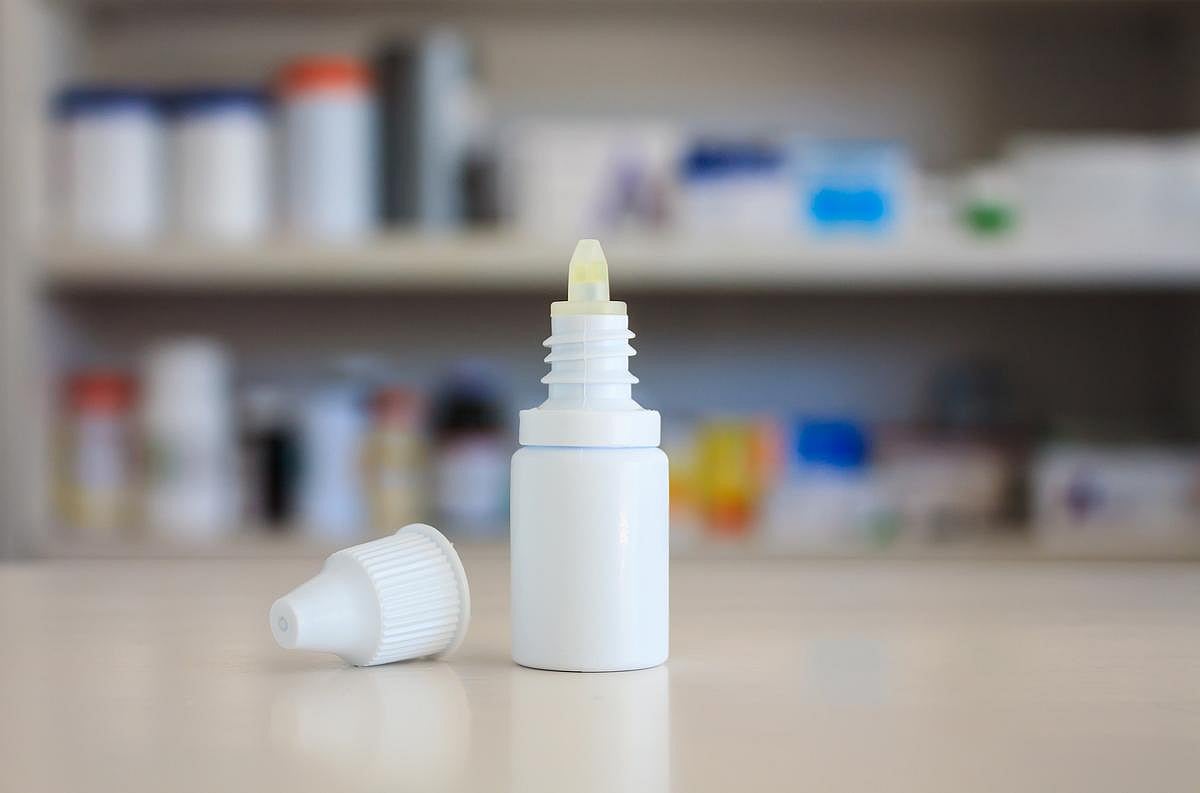Significant improvement seen in uncorrected near visual acuity with pilocarpine-diclofenac eye drops at concentrations of 1, 2, and 3 percent
By Elana Gotkine HealthDay Reporter
TUESDAY, Sept. 16, 2025 (HealthDay News) — For presbyopia management, pilocarpine-diclofenac eye drops provide dose-dependent improvement, which can be sustained over two years, according to a study presented at the annual Congress of the European Society of Cataract and Refractive Surgeons, held from Sept. 12 to 16 in Copenhagen, Denmark.
Giovanna Benozzi, M.D., from the Centro de Investigación Avanzada de la Presbicia in Buenos Aires, Argentina, and colleagues conducted a retrospective study using an electronic medical record system to examine the efficacy and safety of pilocarpine-diclofenac eye drops at concentrations of 1, 2, and 3 percent for management of presbyopia. A total of 766 patients were treated with pilocarpine-diclofenac eye drops administered twice daily.
The researchers found a significant improvement in uncorrected near visual acuity across all concentrations: 99 percent of 148 patients in the 1 percent group achieved at least two-line improvement; 69 percent of 248 patients in the 2 percent group achieved a at least three-line improvement; and 84 percent of 370 patients in the 3 percent group achieved at least three-line improvement. The effect lasted up to two years, with a median duration of 434 days. During 167,000 participant-treatment days, there were no serious adverse events. Temporary dim vision, instillation irritation, and headache were the most common mild and transient events (32, 3.7, and 3.8 percent, respectively). Ocular adverse events were mild; none of the patients discontinued treatment.
“Importantly, this treatment is not intended to replace surgical interventions, but rather to serve as a valuable solution for patients who need safe, effective, and personalized alternatives and seek freedom from the inconvenience of eyewear,” Benozzi said in a statement. “Eye care professionals now have an evidence-based pharmacological option that expands the spectrum of presbyopia care beyond glasses and surgery.”
Copyright © 2025 HealthDay. All rights reserved.








